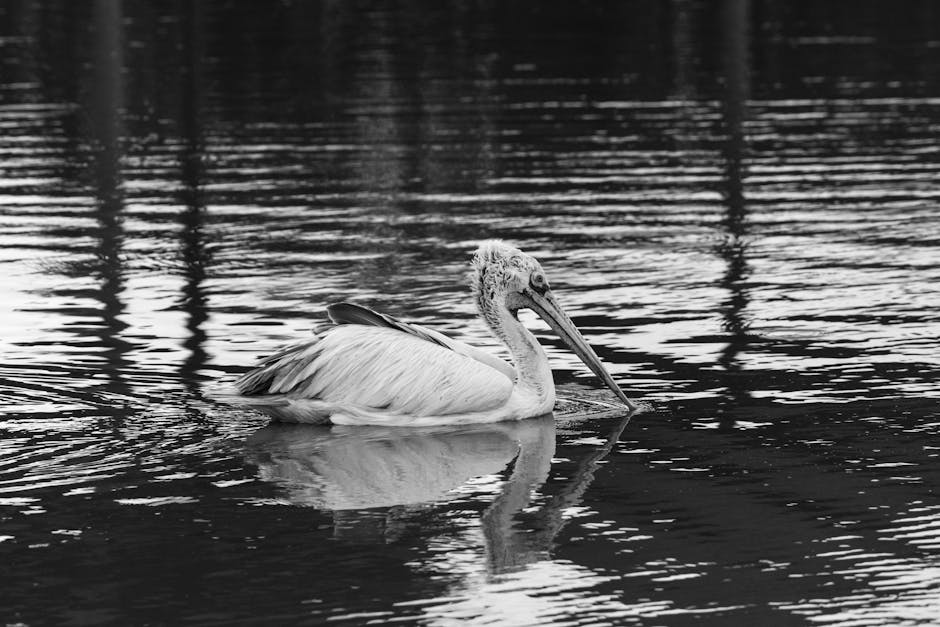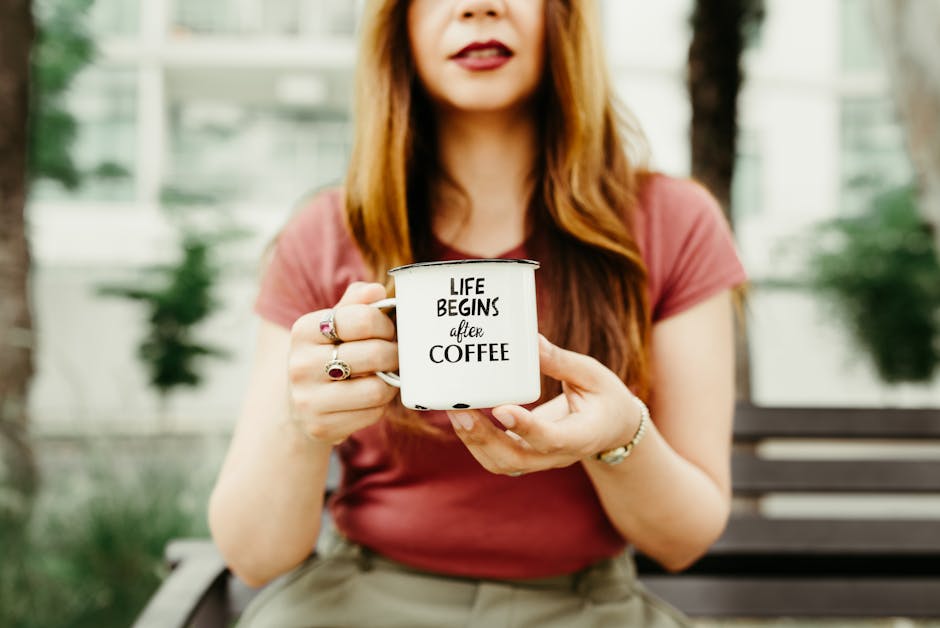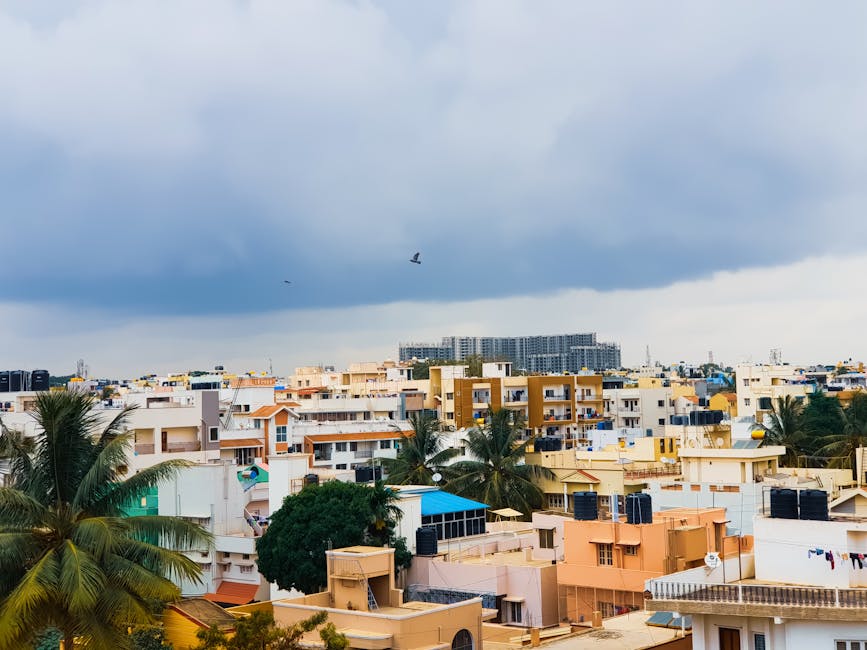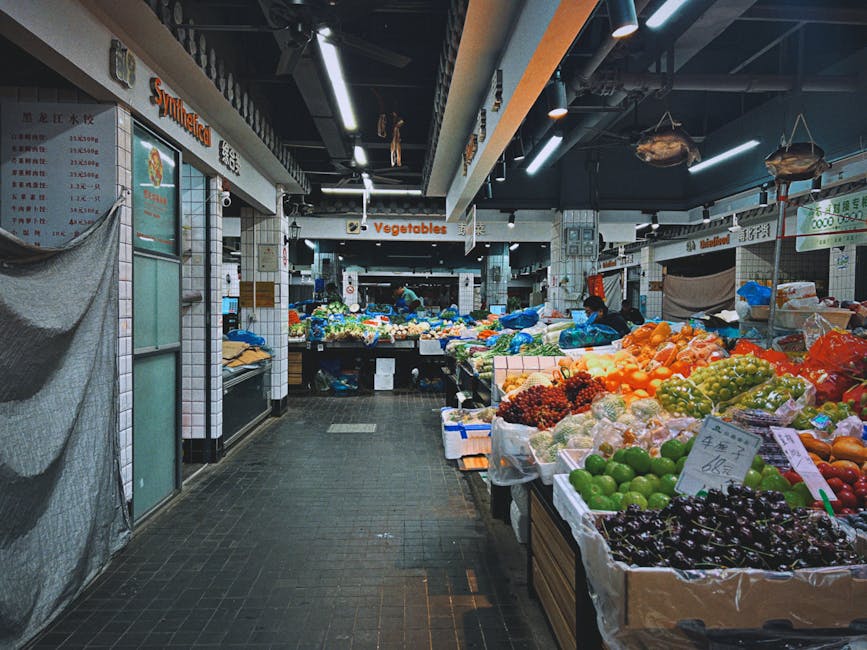Who Is Jimmy Lai?
Jimmy Lai, 76, is a Hong Kong businessman, pro-democracy activist, and founder of Next Digital, the parent company of Apple Daily. The newspaper was known for its criticism of China’s Communist Party (CCP) and support for Hong Kong’s democracy movement.
Born in Guangzhou, Lai fled to Hong Kong as a child refugee. He built a retail empire (Giordano) before launching Apple Daily in 1995. The tabloid became a thorn in Beijing’s side, advocating for democratic reforms and exposing government corruption.
Why Was Jimmy Lai Arrested?
Lai’s legal troubles escalated after Hong Kong’s 2019 pro-democracy protests. In 2020, China imposed a strict national security law, criminalizing acts like “collusion with foreign forces.” Lai was arrested in August 2020 under these charges, accused of using Apple Daily to publish “seditious” content and seek foreign intervention.
In December 2023, he was sentenced to 5 years and 9 months for fraud related to property leases. Separately, he faces a national security trial, where prosecutors allege he conspired with foreign powers—a charge that could mean life imprisonment.
Why Did Trump Call for His Release?
Former U.S. President Donald Trump recently demanded Lai’s freedom, aligning with his tough stance on China. During his presidency, Trump sanctioned Chinese officials over human rights abuses and trade disputes. His call for Lai’s release reinforces his anti-China rhetoric, appealing to his political base.
Western governments, including the U.S., UK, and EU, have condemned Lai’s arrest as politically motivated, framing it as part of China’s crackdown on Hong Kong’s freedoms.
What Does Lai’s Case Mean for Hong Kong?
Lai’s imprisonment signals Hong Kong’s declining autonomy under Beijing’s control. Since the 2019 protests, the city has seen:
– Mass arrests of activists
– Media shutdowns (including Apple Daily)
– An exodus of journalists and dissidents
His trial is seen as a test of judicial independence—critics argue it’s politically driven, while China claims it upholds the law.
Global Reaction to Lai’s Imprisonment
Western nations view Lai as a political prisoner and press freedom advocate. China dismisses criticism as foreign interference, insisting Lai threatened national security. The divide highlights growing tensions between China and the West over human rights and democracy.
Conclusion
Jimmy Lai’s case symbolizes the broader struggle between authoritarianism and democracy. His fate remains uncertain, but international pressure continues. Will he be freed, or will he become another victim of China’s tightening grip on Hong Kong?




